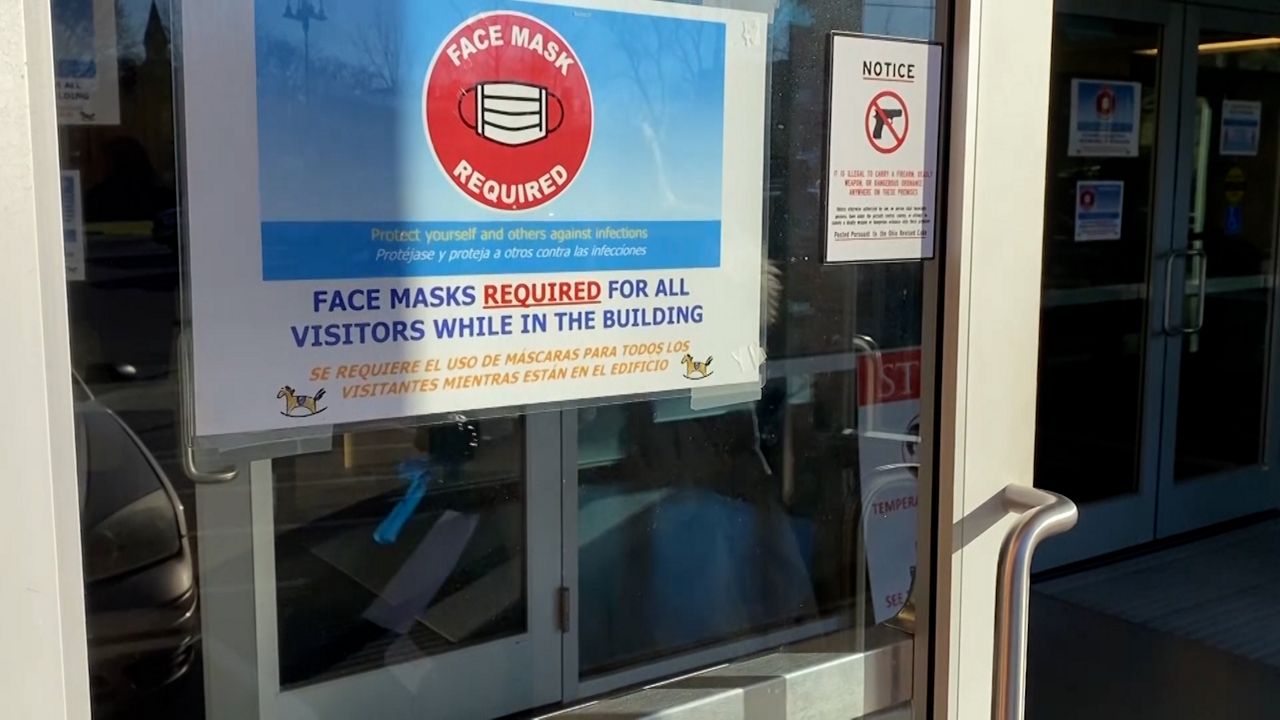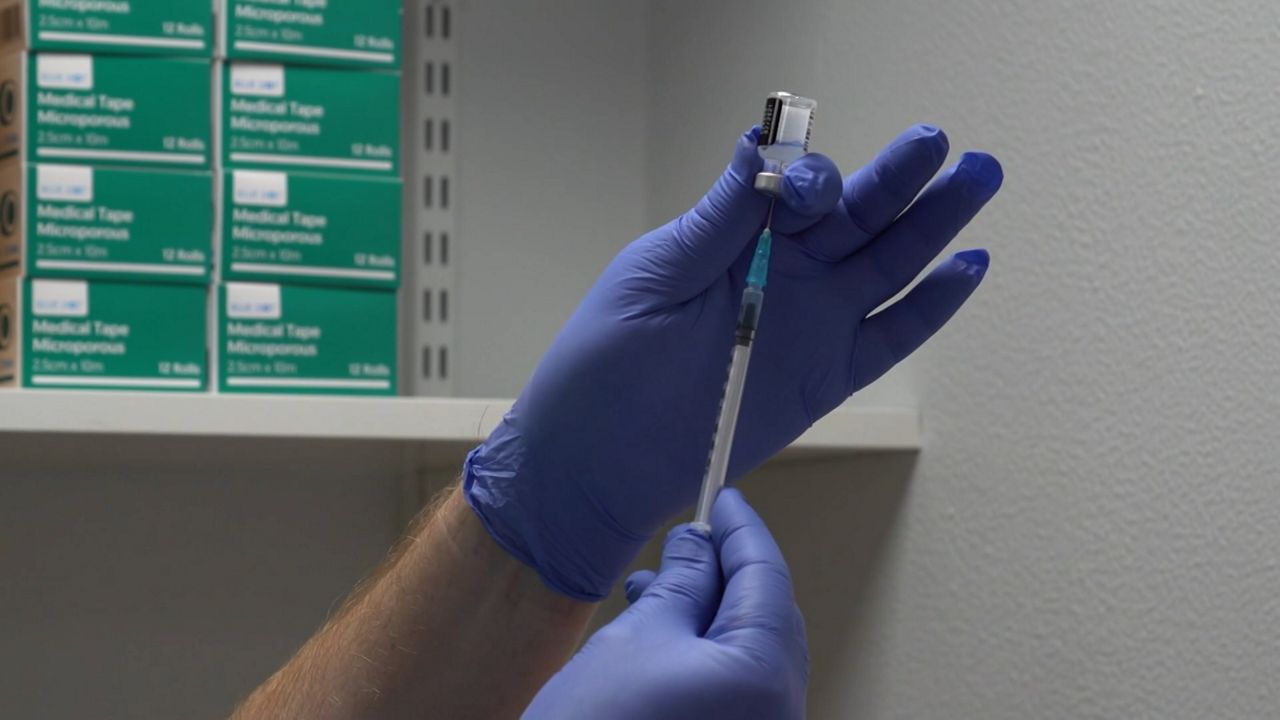CINCINNATI — With the United States recently hitting one million COVID-19 deaths, many are wondering why there have been so many deaths despite having a higher than average vaccination rate. Medical professionals explained the current climate of COVID-19 in the hospitals and area communities.
What You Need To Know
- About 66% of Americas are fully vaccinated
- The U.S is the first country to reach one million COVID-19 deaths
- Medical professionals said while the vaccine has helped save about one million American lives, it couldn't end the pandemic with only two-thirds of people vaccinated
- Some doctors believe the United States' COVID-19 death rate is so high because many Americans are unhealthy with the rise in obesity and heart disease
While there no longer are any health precautions in place in many places, the pandemic remains ongoing. With new sub-variants of the omicron variant of COVID-19, cases are up by more than 7,000 in Ohio in just the past three weeks.
Hamilton County Medical Director Dr. Steve Feagins, who also is the chief medical officer at Mercy Health, said while it’s been a difficult two years, it’s taught the medical world to come together.

“The collaboration between health systems, between health departments,” Dr. Feagins said. “Every day, every week on Thursday, all the health departments still call.”
But COVID-19 is the third leading cause of death in the U.S. behind cancer and heart disease, despite about 66% of Americans being fully vaccinated. Feagins said he believes that’s because many Americans already aren’t very healthy.
“We have high death rates, anyway. For things like heart attacks, heart failure and other chronic conditions that become acute conditions,” Feagins said. “So, is that part of it as well? Are we as a country as healthy as we should or could be?”
Dr. Carl Fichtenbaum, a professor of internal medicine and infectious diseases at the University of Cincinnati, also believes a contributing factor was the unwillingness to work together as a country to flatten the curve.
“When you’re not really willing to listen, agree and collaborate and look at the information at hand and decide what’s the best course of action,” Fichtenbaum said.
Fichtenbaum said medical professionals have estimated, thanks to the vaccine, about one million American lives were saved, but because only two-thirds of Americans have gotten fully vaccinated, there was never a chance that it could end the pandemic.

“We’ve realized is if we can’t get coverage wide enough, a vaccine alone is not going to be good enough to stop or end a pandemic,” Fichtenbaum said.
The pandemic also put a lot of things on pause, like routine doctor visits and staying active and eating healthy.
Feagins hopes that now that things have slowed down that people will take their health seriously.
“We may not have learned very much, but we reinforced what we knew,” Feagins said. “And hopefully we can continue that reinforcement.”



